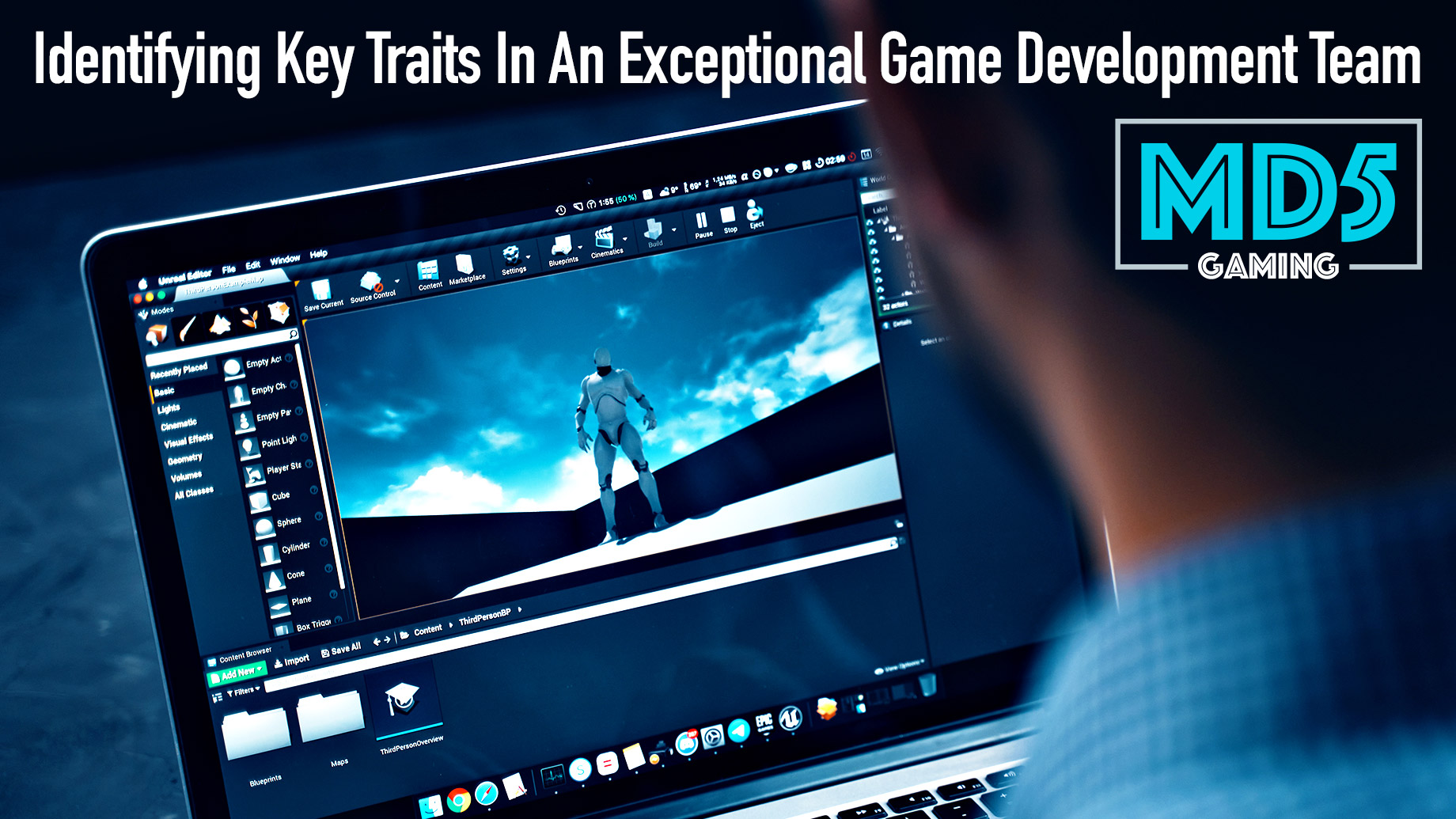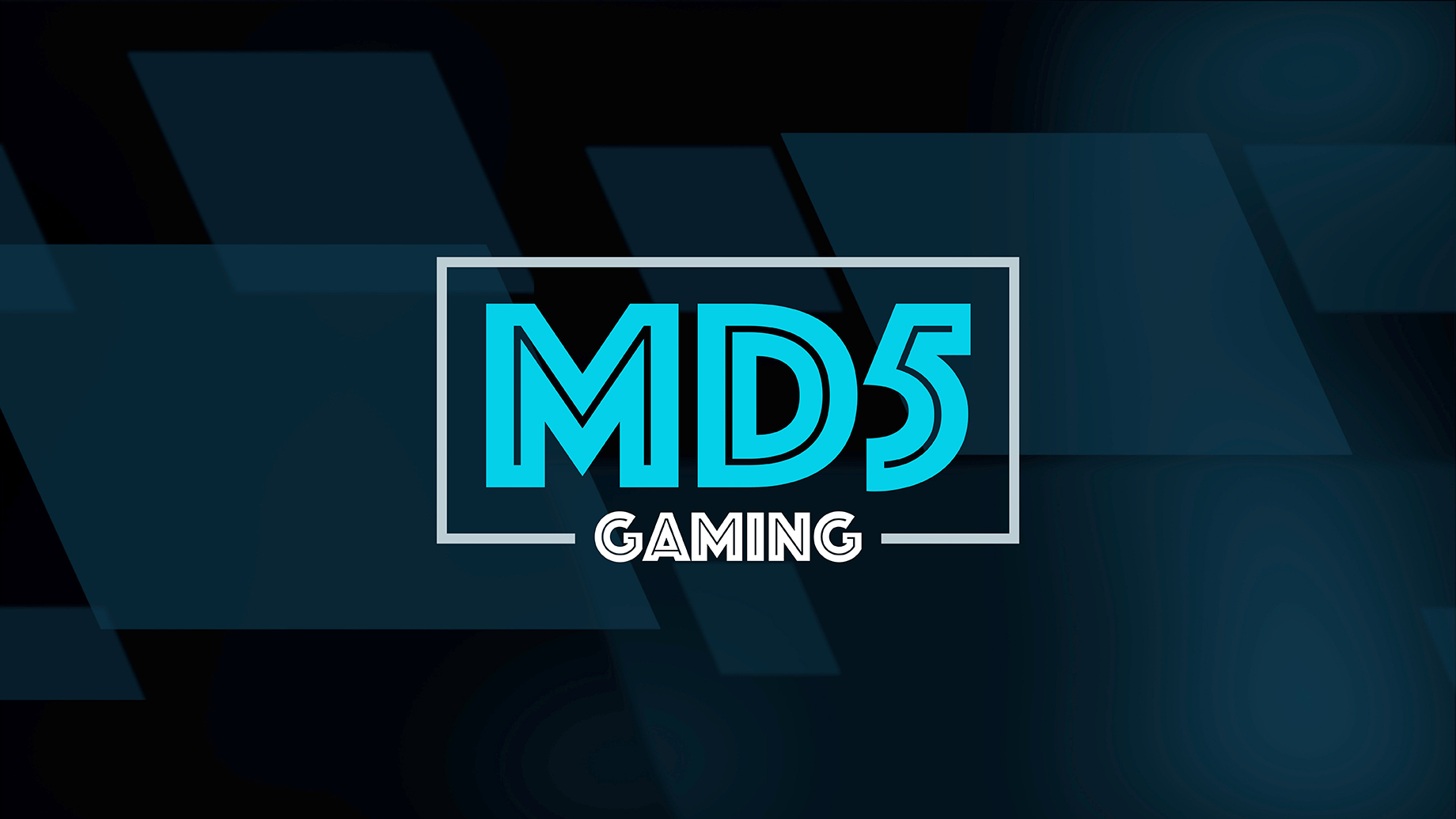
Choosing a reliable game development team for your project can be a daunting task, given the plethora of options available in the market. While portfolios can provide some insight, they may not fully reveal the team’s potential to undertake the task at hand. However, there are specific qualities and practices that professional game developers adhere to, which can guide you in recognizing the right team for your project.
Essential Traits Discernible from Interactions and Portfolios
When reaching out to a game development team, request information about their past work experiences and portfolio. You can glean a range of important skills from these conversations and the portfolio they present:
- Inventiveness and out-of-the-box thinking.
- Programming expertise demonstrated through their portfolio.
- Strong creative skills, especially when hiring a game designer.
- Effective teamwork and communication with the client.
- Animation skills, either realistic or cartoon-like, depending on your project.
- Problem-solving skills, which are vital for handling unforeseen challenges and maintaining project momentum.
By assessing the initial interactions and materials provided by the game development team, you can gauge their suitability for your project.
Understanding the Game Development Process
The process of developing video games has evolved and refined over the years. Much like movies and music, game development follows a structured path. A proficient game development team should present a plan, outline milestones, and define the requirements necessary to complete the project.
Typically, a professional game development company adheres to seven stages, which can span months or longer:
- Planning stage: The team grasps the project’s main aspects, such as the platform, 2D or 3D format, core gameplay features, characters, and budget.
- Pre-production stage: Team members brainstorm and develop concepts, ensuring that their individual contributions align with the overall vision. Regular progress updates should be provided to the client.
- Production stage: The most complex and time-consuming stage, during which coding, scripting, game design, sound design, and other elements are integrated. By the end, a playable version of the game should be available.
- Testing stage: Testers meticulously evaluate each game component to identify glitches, errors, and other issues.
- Pre-launch stage: Decisions regarding the game’s release are made, beta testing may be conducted, and final adjustments are implemented.
- Launch stage: The game is officially released.
- Post-launch stage: The team addresses player-reported bugs, creates updates, and develops DLCs and patches.
Enhancing Your Game Development Team
Occasionally, a game development team may demonstrate outstanding skills in certain areas, but fall short in others. In such cases, it may be beneficial to bring in additional team members to strengthen specific components of the project. This can include:
- Scriptwriter: Engaging a skilled scriptwriter can significantly enhance your game’s story, making it more engaging and compelling for players.
- Composer: Enlisting a talented composer to create the desired atmosphere through music and sound effects can greatly impact the overall gaming experience.
- Game Designer: If a character or environment concept doesn’t meet your expectations, hiring an experienced game designer can help refine and improve these aspects.
- Marketing Expert: To effectively promote your game and reach the target audience, consider hiring a marketing specialist with experience in the gaming industry.
- Quality Assurance: Onboarding a dedicated quality assurance professional can help identify and rectify bugs and issues, ensuring a polished final product.
Passion and Enthusiasm: The Core of a Successful Team
Above all, the most vital quality of a game development team is their passion and enthusiasm for your project. The team’s experience and expertise, while important, may not guarantee the best outcome if they lack genuine interest in your vision. On the other hand, a young, ambitious team may have the drive and dedication needed to bring your project to life, resulting in a successful and well-received game.
To foster passion and enthusiasm within your team:
- Share your vision: Clearly communicate your project goals, objectives, and expectations to ensure that everyone is aligned with your vision.
- Encourage collaboration: Foster a collaborative environment where team members can contribute ideas and suggestions, helping to create a sense of ownership and commitment to the project.
- Celebrate milestones: Recognize and celebrate the team’s achievements throughout the development process, boosting morale and motivation.
- Provide feedback: Offer constructive feedback and support, enabling your team to grow and improve in their respective roles.
By prioritizing passion and enthusiasm, you can assemble a game development team that is dedicated to turning your vision into an engaging, successful game that resonates with players.
Selecting the Right Game Development Team: Key Considerations
While identifying the appropriate game development team for your project, keep these additional factors in mind to ensure a successful collaboration:
- Technical expertise: Assess the team’s proficiency in various programming languages, tools, and engines relevant to your project. A team with a wide range of technical skills can adapt to your specific needs and deliver the desired results.
- Genre experience: Consider the team’s experience in developing games within your target genre. Familiarity with the genre can result in a more polished and immersive gaming experience.
- Work culture compatibility: Ensure that the team’s work culture aligns with your expectations and values. A shared understanding of communication, project management, and problem-solving approaches can foster a productive working relationship.
- Budget and timeline: Discuss the team’s estimated budget and timeline for the project. A transparent conversation about costs and deadlines can help you make an informed decision and avoid potential misunderstandings down the line.
- Client testimonials: Reach out to the team’s past clients to gather feedback on their experiences. Client testimonials can provide valuable insights into the team’s strengths, weaknesses, and areas for improvement.
- Post-launch support: Assess the team’s commitment to providing post-launch support, such as bug fixes, updates, and additional content. A dedicated team that offers ongoing support will ensure your game remains relevant and enjoyable to players.
- Flexibility and adaptability: A game development project may experience unexpected changes or challenges. Choose a team that can adapt to evolving requirements and is open to incorporating new ideas and suggestions.
By carefully considering these factors and the key traits outlined earlier, you can confidently select the right game development team for your project. Remember, a passionate, skilled, and dedicated team can turn your vision into an engaging and successful game that players will love.

